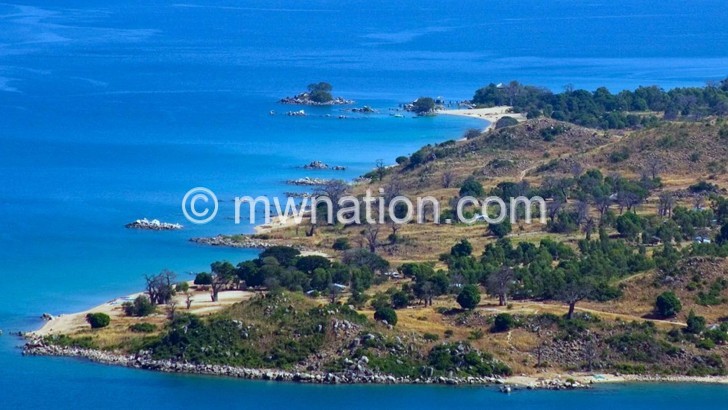Likoma, Chizumulu hybrid plant spurs tourism hopes
Tourism in Likoma and Chizumulu islands is expected to get a boost when construction works of the Likoma and Chizumulu solar-diesel hybrid plant complete next month, industry insiders have said.
The project is also expected to change the island’s business outlook and improve the social life of the people as Electricity Generation Company (Egenco) currently powers the islands for only 14 hours in a day.

Malawi Tourism Council chairperson Tim van der Linden in an interview on Tuesday described the development as positive news to tourism operators in the islands and gamers changers for the islands’ tourism.
Van der Linden was reacting to news on the progress of the project which according to Egenco advancement, as at April 2020, was 39 percent for Likoma and 31 percent for Chizumulu and would complete next month.
He noted that most international guests are not used to power shortages and operators across Malawi often receive negative feedback on hours without power.
“Guests demand electricity to charge their laptops, phones and cameras but also other luxury services such as internet connectivity, warm water and swimming pool pumps. This will increase the number of satisfied guests and will bring more business and save tourism operators based at Likoma and Chizumulu on diesel expenses,” he said.
Egenco spokesperson Moses Gwaza said the project, a combination of electricity produced from diesel as well as solar PV, would provide adequate, reliable and uninterrupted power supply.
He said: “The two islands will have 24 hours of electricity as opposed to the current 14 hours of power supply. Diesel will be used to generate power at night while during the day power will be generated through Solar PV.”
According to Gwaza with the 1.8 Megawatts diesel generator as part of the project already completed and commissioned in December 2019 and the remaining 1.3 Megawatts solar component of the project almost done, this would reduce costs for the company.
“Egenco is expected to heavily reduce on the cost of diesel fuel which it is currently using to generate power at the two islands once the project is completed,” he said.
Financed sorely by Egenco and executed by NR Electric Company from China, the project which started in August last year is expected to cost K3.99 million.




